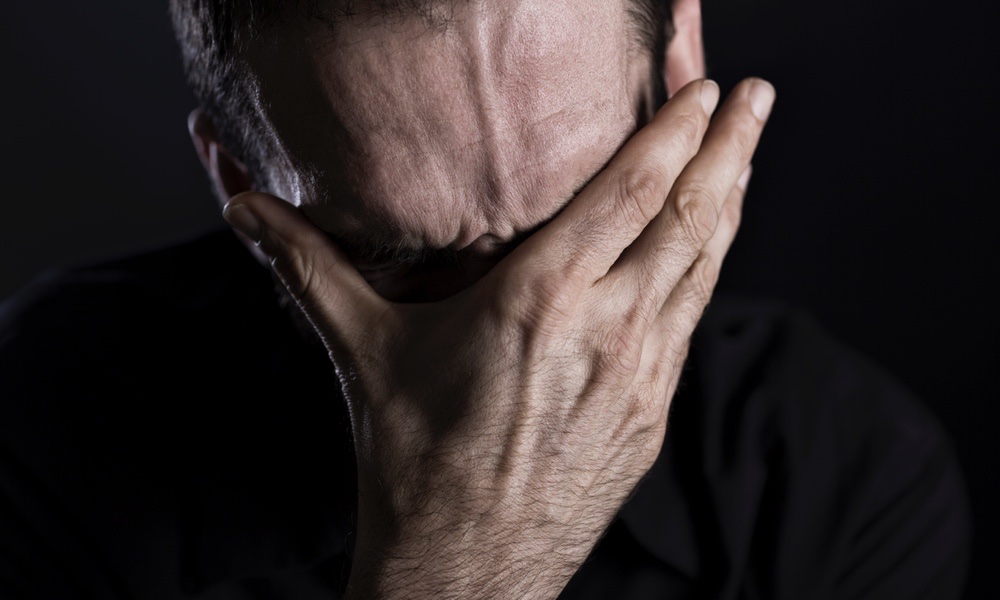If you’ve been feeling more anxious or depressed than usual, you’re certainly not alone. The global pandemic has meant that people around the world have been experiencing social isolation and an increase in emotional and mental upheaval.
A new study calculates that there are 76 million additional cases of anxiety disorder and 53 million more cases of major depressive disorder worldwide. The study, by researchers at the University of Queensland, Australia, concludes that the increase in both illnesses is directly linked to the spread of COVID.
The research includes 48 previous studies from around the globe that were pulled together in a meta-analysis in order to determine the prevalence of mental health disorders across 204 countries and territories during 2020. Not surprisingly, the effect of the pandemic on mental health was significant:The second group most affected by the pandemic were women, who not only carried the burden of household chores (many while also working remotely), but were exposed to an increased risk of domestic violence.
- There was an estimated 28 percent increase in cases of major depressive disorder to 246 million cases — up from an estimated 193 million pre-pandemic.
- Similarly, there was a 26 percent increase in estimated cases of anxiety, with around 374 million cases — up from 298 million pre-pandemic.
The study’s findings suggest that countries hit hardest by the pandemic in 2020 had the greatest prevalence of mental health disorders. The global data also point to the two groups that suffered the most. The first are adolescents and young adults who were unable to attend school in person and were isolated from friends. School closures and other social curbs not only limited young people’s opportunities to socialize, but also their ability to learn and interact with their peers.
The second group most affected by the pandemic were women, who not only carried the burden of household chores (many while also working remotely), but were exposed to an increased risk of domestic violence.
“Sadly, for numerous reasons, women were always more likely to be worse affected by the social and economic consequences of the pandemic,” the study’s co-author, Alize Ferrari, Principal Research Fellow and Epidemiology and Burden of Disease Team Lead at the Queensland Centre for Mental Health Research, explained in a statement. “Additional caring and household responsibilities tend to fall on women, and because women are more likely to be victims of domestic violence, which increased at various stages of the pandemic.”
If you or a family member are experiencing depression (a persistent feeling of sadness and loss of interest) or frequent anxiety (intensive, persistent worry and fear about everyday situations that may include panic attacks) speak with your health care professional who may recommend online or in-person counseling.
The full text of the study can be found online in The Lancet.





